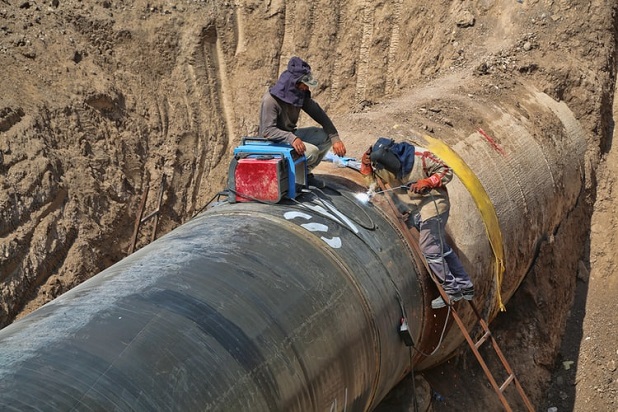The Least developed countries (LDCs) have so far been spared from the worst effects of the health emergency, yet the fallout from the COVID-19 pandemic has taken its toll on their economies.
The pandemic continues to roll back some of the progress made towards sustainable development and possibly leading to long-term damage.
A report by United Nations Conference on Trade and Development (UNCTAD) says not only has the crisis laid bare structural weaknesses of LDCs, but also the deep-seated flaws of the international support measures at their disposal.
It has also brought back to the fore the pivotal role of productive capacities for a sustainable, inclusive and resilient recovery.
UNCTAD’s The Least Developed Countries Report 2020: Productive Capacities for the New Decade maintains that the broadening and full utilization of LDC productive capacities remains central to upgrade LDC economic structure, and bridge their development gaps vis-à-vis other countries.
“A prolonged COVID-19 crisis threatens to worsen the already weak economic base of the least developed countries (LDCs) and has effectively reconfigured global value chains in ways that further disadvantage LDCs,” says the report released this week.
UNCTAD Secretary General Mukhisa Kituyi said that the least developed countries have deployed their limited means to counter the COVID-19 recession, but they find themselves the most vulnerable to the impact of the pandemic.
“The international community needs to show its resolve to assist its weakest members by giving them the tools to tackle the root causes of their vulnerabilities,” said Kituyi.
The report urges the international community to play its part, and assist the efforts of LDCs with adequate financial resources, suitable policy space and more effective international support measures, notably in the area of technology transfer.
According to the authors of the report, the rapid spread of the pandemic has underscored how the call for an authentic global partnership to “leave no one behind” goes well beyond a moral commitment, and also reflects longer-term considerations on global systemic resilience.
“While no country has been spared from the COVID-19 crisis, the least developed countries have the least capacity to rebound after this major crisis, due to their inherent development deficits. For least developed countries to become resilient to future shocks and attain sustainable development, they must invest in their productive capacities for structural transformation,” said the report.
Amiina J. Mohammed, the Deputy Secretary-General of the United Nations said the role of women and youth must be front and centre.
“Their efforts to advance in this direction demand the active and decisive backing of the international community, especially in the fields of technology, finance and trade,“she said
UNCTAD’s report will be a valuable tool to help least developed countries and their development partners shape a better and more resilient and inclusive future for the world’s poorest countries.




